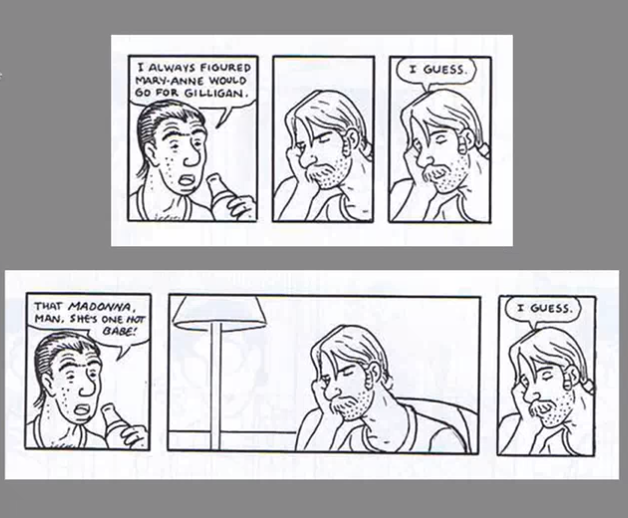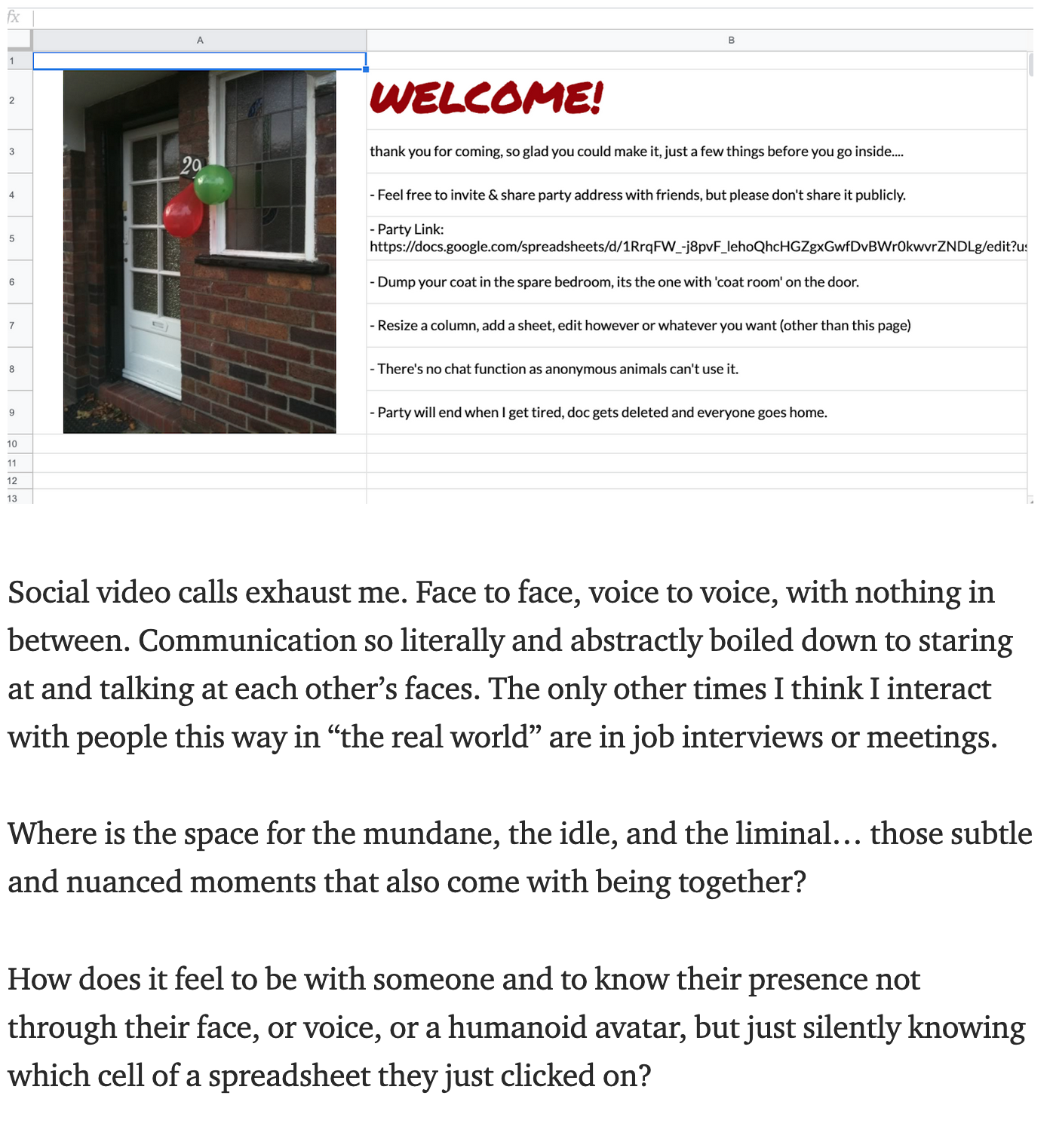#3 | Magic Circles - Part 2
Last week I wrote about how Rules and Play work and interact to create a magic circle - a conceptual space where the ’normal’ world melts away is replaced by different rules. You can find that here in case you missed it.
This week, lets talk about time and how wider cultural or social contexts interact with a game space.
Time
The way we experience time in a magic circle is different. I mean, we never experience time in a linear way.
“.. let go of the idea that time is linear, regular and objective, and think of it in the same way we experience it — as elastic, variable and layered.” Robert Poynton.
If you are in a state of flow, time passes differently. I'm not really sure if a state of flow is created when playing with others. It probably is when you are playing a video game solo.
Could it be that you are experiencing time as the character in your game? Your sense of time zooms in and you think of time in the context of the story arc of the game?
My colleague Sheldon Pacotti (ex game designer turned frog technologist) recently talked about how game designers use the space in a game board to create dramatic tension or even a sense of time. How the eye moves across a space, can help do this
For example - In the comic panels below, elongating the second panel stretches ‘time' and creates a dramatic pause.

Time feels really weird right now. Days, weeks, months seem to have lost their usual meaning. Maybe it helps to remind ourselves that it has always been weird. The way our childhood summers felt long or the way everything disappears when you are lost in a good book, the way time whooshes past before a deadline. We’ve been here before. We got this.
Culture: Meaning Culture is the wider contextual environment that a game is played in. So we aren’t talking about the physical game or the experience of playing a game with others but the contexts it is played in, the meanings it generates.
Most games, including ‘modern ones’ are still based on old-timey survival skills - like hunting prey, controlling land or territories etc.
But there are some interesting new trends in games that seem to respond to what we need to survive in this century. Some of the most popular board games of today are cooperative games like Pandemic. Consider a meta-cooperative game like Dead of Winter where players have multiple personal agendas in addition to an overall group agenda- not all personal agendas are antagonistic to the group agenda but there is a tension there. Could it be a response to the skills we need to solve many of the 'tragedy of the commons’ style problems we face today?
There are a lot of new video games that aren’t about winning or achieving things but about the sheer joy of playing it, exploring the game landscape, and having a beautiful experience in the moment. Which, in these times that we live in, seems particularly attractive.
What other games ( genres, stories, game mechanics) need to exist?
Make your own magic circles
Marie Foulston is a Curator and Creative Producer of Now Play This, a festival of experimental game design that normally runs in Somerset House but moved online this year like every other conference. I recently came across one of her smaller, personal projects, a virtual ‘party’ she organised in a Google spreadsheet. It sounds so very bizarre and awesome - in an exciting sort of way. Her reflections on the party are here and I recommend reading it but here is a sneak peek.

We are all creating these magic circles all the time - in play, or outside of it - events, workshops, parties etc. Thinking about spaces in this way, gives me a sense of joy and maybe even agency. In a moment where we seem controlled by our spaces, its helpful to think that we can re-make them. Find new ways of connecting that aren’t just poor copies of physical interaction.
Here are the questions I’m finding helpful to hold when thinking about spaces.
What makes it transformative? What might you amplify? Who might you invite? Who is missing in this space that you need to invite?
What would you add?